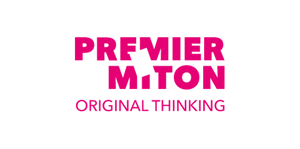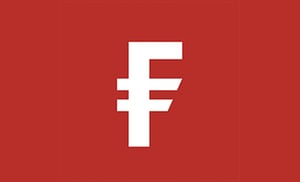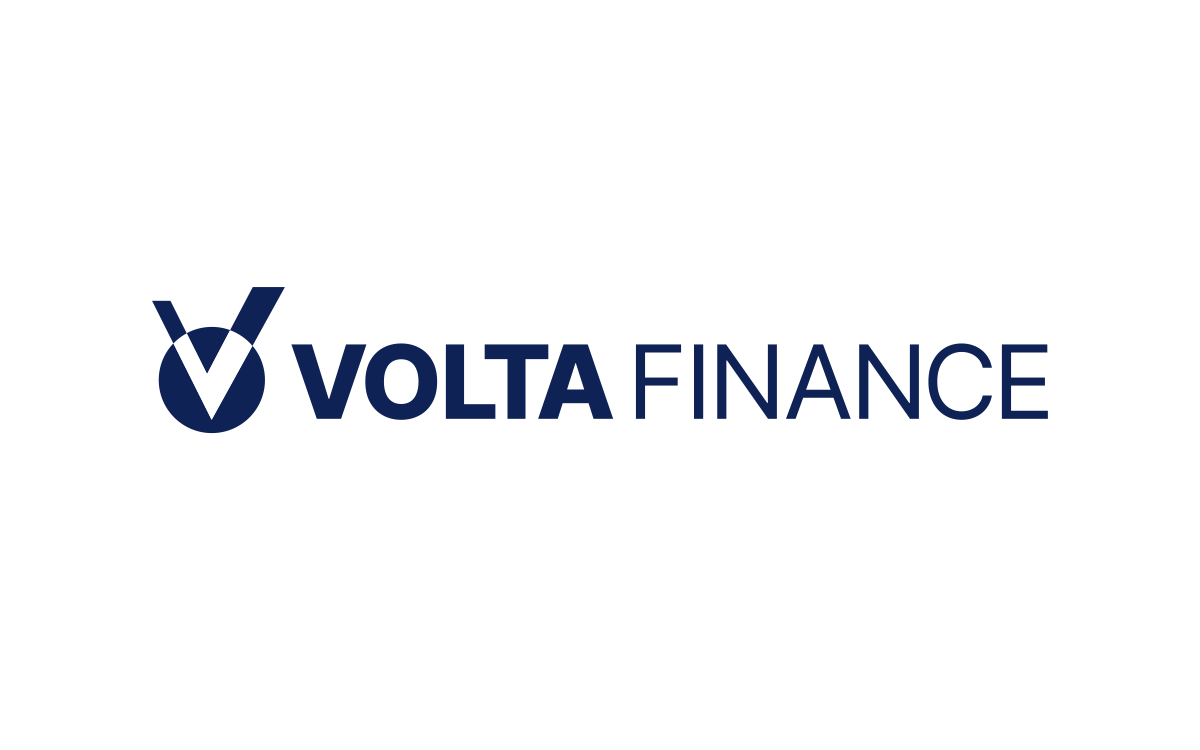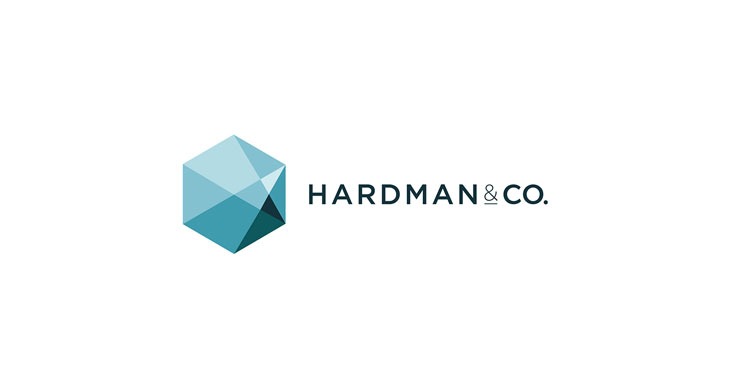Boku Inc. (LON:BOKU), a leading global mobile payment and mobile identity company, is pleased to announce the following unaudited interim results for the six months ended 30 June 2021.
Highlights
Group
| · | Group Revenues for H1 2021 up 38% to $34.2 million (H1 2020: $24.7 million*) | |
| o | Organic Group revenue growth strong at 21.0% (excluding acquired Fortumo revenues) | |
| · | Group Adjusted EBITDA** for H1 2021 of $10.3 million is 61% higher than H1 2020 (H1 2020: $6.4 million) | |
| · | Operating Profit increased to $2.3 million for H1 2021 (H1 2020: $0.2 million) | |
| · | Net Profit before tax increased to $1.9 million (H1 2020: $0.09 million) | |
| · | Twelve-month earnout period relating to the 2020 acquisition of Fortumo Holdings Inc (“Fortumo”) completed on 30 June 2021. $5.4 million has been held in escrow during the earnout period. | |
| o | The earnout payment, based on Fortumo Adjusted EBITDA** performance for the 12 months period ended 30 June 2021, is expected to be $2.16 million, subject to final confirmation, which will be paid to Fortumo’s former shareholders by 5 October 2021, with the balance of $3.24 million returned to Boku. | |
| · | Group cash of $48.6 million at 30 June 2021 (30 June 2020: $36.2 million***) | |
| o | $11.25 million of the $20.0 million debt used to acquire Fortumo paid down by 30 June 2021 with $3 million of the revolver and $0.9 million of the term loan paid down since the year end. | |
| · | The average daily cash balance – a measure which smooths out the effect of carrier and merchant payments, was $38.0 million in June 2021 (June 2020: $25.7 million) | |
Payments division
| · | H1 2021 Payments revenue increased by 40% to $30.7 million (H1 2020: $22.0 million) | |
| o | Organic Payments revenue* growth of 20% to $26.3 million (excluding Fortumo revenues acquired 1 July 2020) compared to $22.0 million in H1 2020 | |
| · | Payments Adjusted EBITDA** increased by 33% to $11.2 million (H1 2020 $8.4 million*) | |
| · | Total Payment Volume (“TPV”)**** of $4.0 billion in H1 2021, an increase of 29% on H1 2020 ($3.1 billion) | |
| · | 20.8 million new users made their first transaction with the Group during the first half of the year, 91% up on the same period in the previous year (H1 2020) | |
| o | At Group level the number of new users increased materially due to the inclusion of transactional merchants from Fortumo; excluding Fortumo data, new users increased by 8% to 11.7 million | |
| · | 29.7 million Monthly Active Users (“MAU”) of the Boku platform in June 2021 (June 2020: 20.3 million), a 46% increase. | |
| o | Organic growth in Monthly Active Users (excluding Fortumo) of 28% | |
| · | H1 2021 take rate (Total Payments revenue divided by TPV) stable at 0.77%, in line with H2 2020 (including Fortumo volumes) | |
| · | Launches in H1 2021 with Google, Netflix, Apple, DAZN, Spotify, Epic Games, Amazon, Riot Games and Tinder across both Direct Carrier Billing (‘DCB’) and eWallets. | |
| · | Boku has materially expanded its regulated payment activities and is currently authorized to process regulated payments in 49 countries in Europe and Asia. | |
Identity division
| · | Identity revenues increased by 30% to $3.5 million in H1 2021 (H1 2020: $2.7 million) and Adjusted EBITDA** losses reduced to $0.9 million from H1 2020 ($2.3 million loss), in line with the Board’s expectations. H2 2021 costs expected to increase as further investment is made. |
| · | Identity connections added in Spain, Italy and Indonesia, together with a strengthening of the global partnership with Vodafone Group |
| · | Strong growth from key existing customers complemented by a ramp up in transaction volumes from new mobile wallet customers in Indonesia |
| * | 2020 H1 comparative excludes any revenues from Fortumo Holdings Inc (‘Fortumo’) which was acquired on 1 July 2020 |
| ** | Adjusted EBITDA (Earnings before interest, taxation, depreciation and amortization): Adjusted for stock option expenses, Forex gains/losses, Exceptional items and ‘other income’ item in 2021. See reconciliation to profit per the income statement |
| *** | Comparative group cash balance at 30 June 2020 of $80.7 million included $44.5 million of cash held to pay for the acquisition of Fortumo on 1 July 2020. Excluding this cash, the balances were $36.2 million |
| **** | TPV is the US$ value of transactions processed by the Boku platform |
| ***** | Adjusted operating expenditure is Gross Profit less Adjusted EBITDA |
Jon Prideaux, Boku Inc’s CEO, commented:
“Our short run performance has been strong, we think our long-term future is brighter still. With positive momentum in both the Payments and Identity businesses, I am confident in our ability to meet the revised, increased expectations over the full year.”
Chief Executive Officer’s Report
Into the M1ST
The Language of Selling
Willy Brandt the German Chancellor once said, “If I’m selling to you, I speak your language. If I’m buying dann müssen sie Deutsch sprechen”. It’s all very well to take your Visa card when you go on holiday to Thailand, but, if you want to sell to Thais, accepting Visa is not enough, you need accept PromptPay, Rabbit LinePay and TrueMoney. That’s how they want to pay.
Since 2009, approximately 1.7 billion people have joined the global middle class and every year approximately 160 million more join them. These people, this new middle class, are to be found mostly in Asia, but also in the Middle East, Africa and Latin America. In some respects they are like the traditional middle class – they want to accumulate the same consumer goods, wear the same branded clothes and get the latest gadgets and services. Their accumulation of this stuff will be the prime motor of global growth – it’s estimated that whilst middle class spending in North America, Europe and Japan will grow by an average of 0.5% per year, the new middle class will increase their spending by 6% annually.
Whilst the new middle class want the same things, they are also different: they are Mobile First (or M1ST). This new middle class, which we at Boku call the M1ST consumers, did not come to the internet through the keyboard and the PC, they tapped on the glass screen of a smartphone. 45% of consumers in the key emerging markets have such devices. Importantly for our business, though, they don’t tend to pay with credit cards – card ownership is only approximately 10%.
In China, for example, in 2020, 72% of all online spending was on mobile wallets, specifically Alipay and WeChatPay. Credit and debit cards combined accounted for just 17%. Globally mobile wallets are the most used way that people buy things online, with the 50% point passed in 2020. Wallets are also the most popular payment method for the M1ST consumer. What’s true in China is also the same in India, with mobile wallets accounting for more payments than cards. But India also illustrates another phenomenon: the growth of Real Time Payments (“RTP”). India’s UPI (Universal Payment Interface) is the world’s biggest RTP network; Thailand with PromptPay and Brazil with PIX are other examples of countries that have rapidly adopted such methods. Local payment methods are complex, fragmented and unstandardised.
So what are merchants to do? The old playbook of supporting international business on the back of Visa, MasterCard and perhaps Amex and PayPal will no longer hack it. To reach the M1ST consumer they need to accept the payment methods that they use.
It’s the hard that makes it great
In the 1992 film A League of Their Own, the character of Jimmy Duggan, a baseball coach (played by Tom Hanks) says to a player: “It’s meant to be hard. If it was easy everyone would do it. It’s the hard that makes it great”.
Boku started its business by providing Direct Carrier Billing (“DCB”) services and we have emerged as the market leader, with a profitable growing cash generative business. It was hard to do. It took a decade and considerable expenditure. To grow the Company further we have also been focusing on implementing other more mainstream payment methods like e-Wallets and Real Time Payments.
Connecting to these different payment methods is not easy either. There are no standards to follow. The tax, commercial and regulatory issues are complex. To operate, a provider needs the right combination of entities, licences, knowledge and infrastructure. Merchants come to Boku because we provide these, and through us they can access the consumers that they can’t reach any other way and will pay a premium over cards to do so. Because it’s hard.
With Boku now expanded beyond DCB, we now support a total of 330 payment methods in 89 countries. We call it the M1ST or Mobile First Network. On Boku’s M1ST network, users can be reached through both eWallets and Real Time Payments, not just through mobile operators. We have also implemented a unique multi-jurisdictional regulatory framework, with appropriate licences obtained allowing regulated payments to be processed in 49 countries. The M1ST network allows us access to a Total Addressable Market (TAM) conservatively estimated at 20 times that for DCB alone.
This is the Big Pond in which we are now swimming.
We differentiate ourselves through our mobile expertise and by focusing on the consumer. We support the payment methods that the M1ST consumer uses. With our decade-long heritage in supporting mobile payments, we are well qualified to provide excellent solutions for merchants looking to reach these high growth consumers.
That mobile expertise is reflected in our dominance of Direct Carrier Billing. It’s a hard payment method to master, yet it’s one in high demand from merchants. DCB was the first mobile-first payment method. Being the master of this technology has given us payment connections to all of the planet’s leading digital companies. Apple, Amazon, Epic Games, Facebook, Google, Microsoft, Netflix, Sony, Spotify, Tencent: all of them use Boku. We have the most complete set of digital content merchants of any payment provider.
Our challenge now having landed these customers is to expand the relationships to achieve their potential. We need to cross sell other M1ST payment methods. We’ve made a good start with a number of merchants, including four of our tier one merchants, using Boku for non DCB payment services, a figure that will grow over the coming months.
The average international Boku merchant today uses about 30 out of the 330 potential payment methods available worldwide through Boku. To make a connection requires bespoke work, through investment we will implement new tools that allow us to connect merchants and payment methods more quickly.
In summary, our strategy is to build the best network for reaching M1ST consumers, in our selected countries. We will go wide enough to cover the critical payment methods and deep enough to solve problems that others do not; these deep connections will attract new merchants. Once landed we must expand their usage of our network and, to do that, we must develop our systems to be plug and play.
Wide and Deep; Land and Expand; Plug and Play.
We have built this strategy on a firm foundation of delivery over our life as a public company, during which time we have consistently grown revenues and Adjusted EBITDA**.
This six-month period has been no different. The fundamental strengths of our model have shown through with strong performance in both divisions.
In Identity, revenues increased by 30% to $3.5 million on the back of increases in both the core market of North America and also internationally, especially within Asia, where mobile wallets are using Boku’s Authenticate service to confirm the phone numbers of users. New connections have also been launched in UK, France, Spain, Italy and Germany.
The Payments business, accounting for about nine tenths of the Group’s revenues and all of its profits, has performed particularly well. Considering that the comparison is to the first half of 2020, when the initial COVID lockdowns stimulated demand for digital services, an organic year-on-year revenue growth rate of 20% is a creditable performance. The Fortumo Holdings Inc business (‘Fortumo’), acquired in July 2020, performed in line with expectations, but below the top end of the challenging Adjusted EBITDA** earnout target.
Launches have been made across a wide variety of customers including Amazon, Apple, Tinder, DAZN, Netflix, Spotify, Google and Epic Games.
Payment volumes increased to $4.0bn in the half year and, most importantly, the number of monthly active users of our services increased by 28% on an organic basis against the first half of 2020 and by a whopping 46% when you include Fortumo users. The number of new users also increased, with just under 21 million users making their very first transaction at a Boku Group platform. Once again, this figure is flattered by the contribution from Fortumo – nevertheless the organic growth in new users was 8%.
These improving non-financial KPIs have fed through to improved financial performance in the half year. More detail is provided in the CFO report, but I am pleased to report revenues up 38% to $34.2 million (20% growth on an organic basis). Group Adjusted EBITDA**was also up by 61%. These results generate the funds that we will need to continue our journey in the Big Pond.
Outlook
Our short run performance has been strong, we think our long-term future is brighter still. With positive momentum in both the Payments and Identity businesses, I am confident in our ability to meet the revised, increased expectations over the full year.
Jon Prideaux
Chief Executive Officer
6 September 2021








































